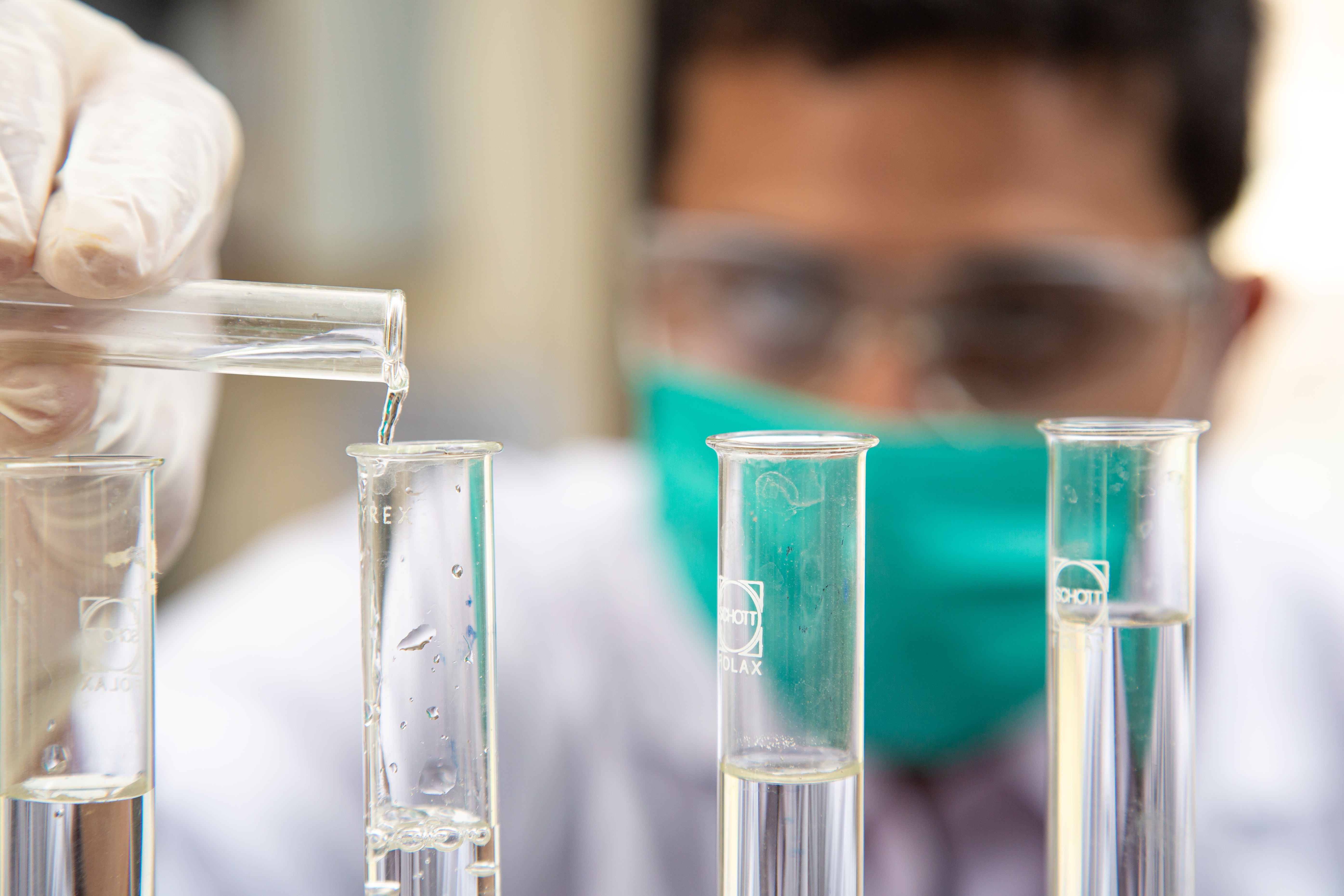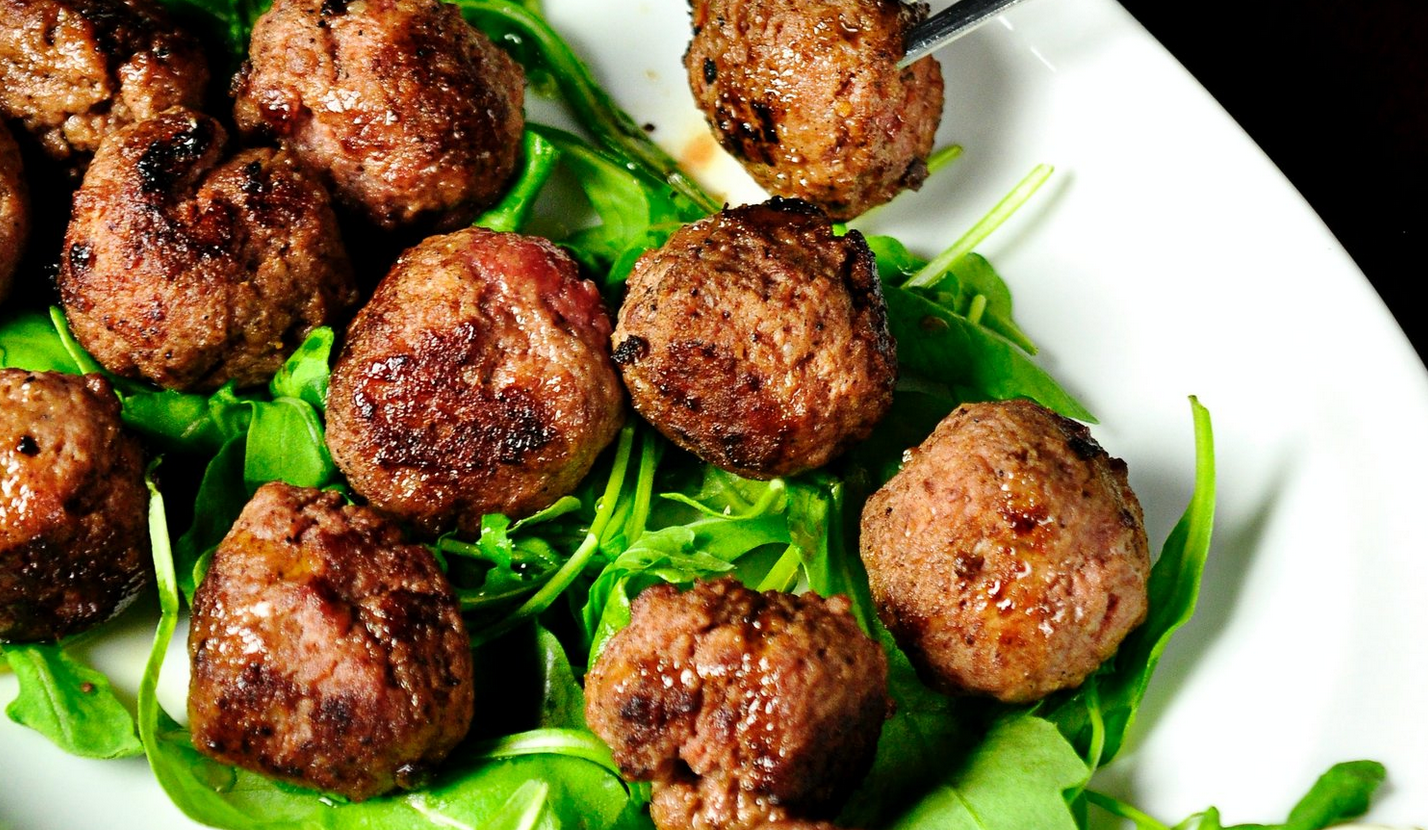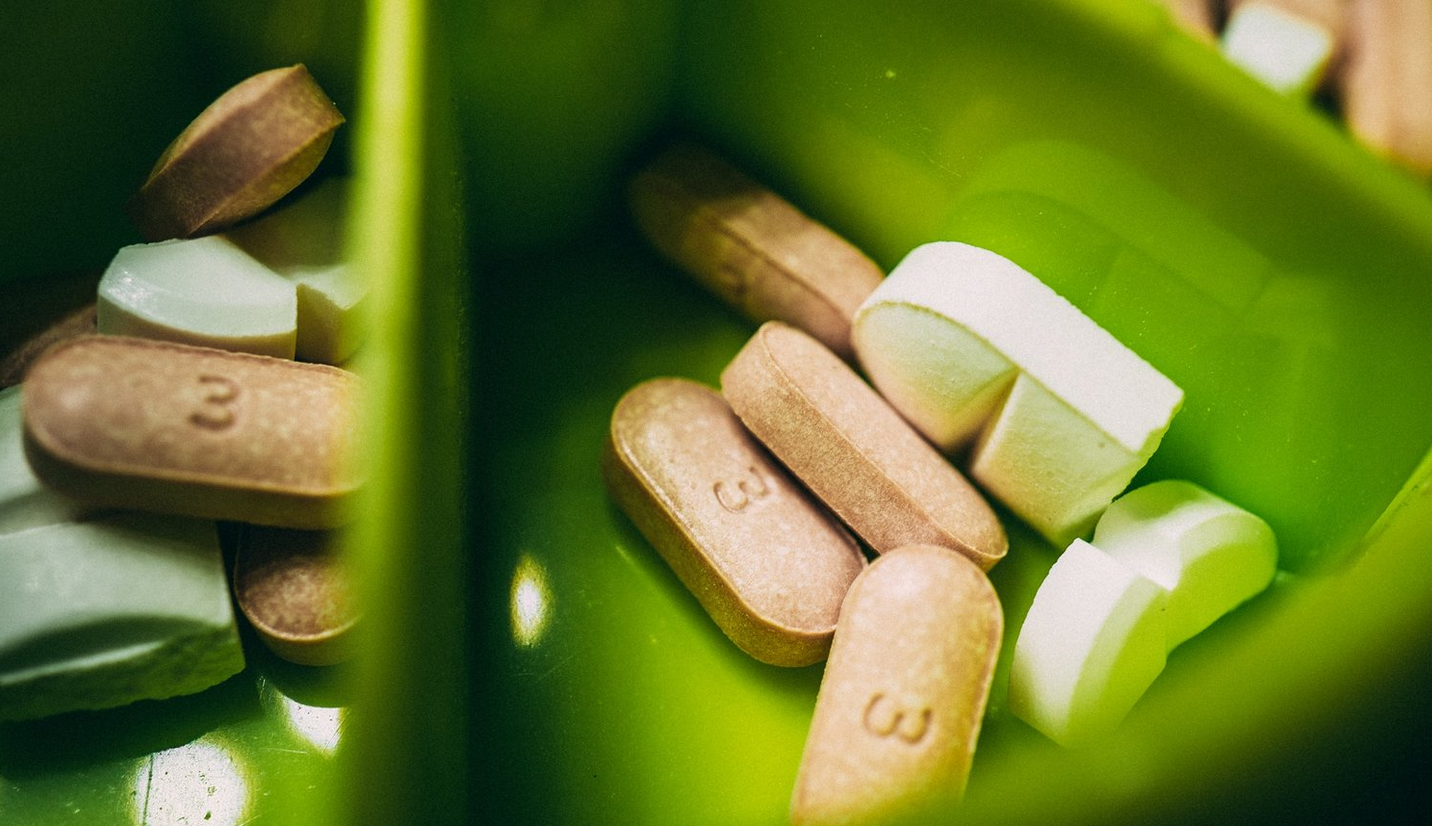September 12, 2022
Strategy to Navigate Anemia with Crohn's or Ulcerative Colitis

Written by
The Allay Health Team
Anemia is one of the most common extraintestinal manifestations of Inflammatory Bowel Disease (IBD). Approximately one in three people with Crohn's disease or ulcerative colitis have anemia. Anemia occurs when red blood cell levels are low. Red blood cells deliver oxygen to, and remove carbon dioxide from different parts of the body. For IBD patients, inflammation in the intestine can prevent the absorption of nutrients including Iron, while human body requires nutrients such as Iron to produce healthy red blood cells. That is why IBD patients are often susceptible to anemia.
The most common symptom for anemia is feeling tired. Other symptoms can include dizziness, headaches, cold hands or feet, pale skin, and shortness of breath. Yet for many of us it is often overlooked and left untreated, greatly impairing the quality of life and elevating morbidity.
In this article, we suggest some strategies on how, as IBD patients, you can get your anemia under control and get your energy back!
How do I Know if I Have Anemia?
You can identify signs of anemia both by paying attention to the symptoms you are experiencing and looking for indicators in your blood test.
1. Common Anemia Symptoms
Some common symptoms of iron deficiency anemia (IDA) include:
- Fatigue
- Out of breath easily
- Brain fog
- Weakness
- Headache
- Dyspnea on Exertion (Feeling lightheaded)
If you have experienced these symptoms or you are currently experiencing them, you might be at risk of anemia. While you may notice that some months are better than others in terms of these symptoms, if these symptoms show up consistently over time, you could have anemia even if the symptoms are sometimes mild.

2. Testing for Anemia
There are several indicators to look for in your blood test results that can tell you if you have signs of anemia if your levels of them are low:
- Hematocrit
- It measures how much of your blood volume is red blood cells instead of water.
- Normal Levels: 38.3% to 48.6% for men and 35.5% to 44.9% for women.
- Hemoglobin
- It is a protein of the red blood cell that holds iron and iron is the way oxygen is stored. Therefore, hemoglobin is an excellent indicator of how severe your anemia is.
- Normal Levels: 13.2 to 16.6 grams per deciliter for men and 11.6 to 15 grams per deciliter for women.
- Ferritin
- It is a protein that transports iron in your body’s tissues. Ferritin is a very reliable indicator of the status of your body’s long-term iron stores.
- Normal Levels: 30.3 to 565.7 ng/mL for men and 14.7 to 205.1 ng/mL for women.
- Vitamin B12 (cobalamin)
- Vitamin works closely with vitamin B9, also called folic acid, to help make red blood cells. People at risk for B12 deficiency include vegans or vegetarians who also don’t eat dairy or eggs as B12 cannot be obtained through plants. Additionally, patients who have had resection for their IBD, especially in the terminal ileum of the small intestine, may have low levels of B12 because that is where B12 is absorbed. A lack of vitamin B12 could be the driving force of your anemia rather than iron.
- Normal Levels: 200 to 900 pg/mL for both men and women.

Remedies for Anemia
Besides keeping the root-cause of anemia under control (for most of IBD patients, that means keeping the IBD symptoms under control), the best way to remedy anemia is to boost iron and vitamin B12 levels in your body through diet and supplement.
1. Diet
Diet is an ideal route to remedy anemia, but some foods that are high in iron are not compatible with an IBD-safe diet. While taking food restrictions into consideration, IBD patients can try to explore the following as good sources of Iron:
- Red meat
- Poultry
- Eggs
- Liver
- Legumes
- Pumpkin seeds
- Tofu
However, it should be noted that plant-based sources of iron pale in comparison to animal sources of iron (such as chicken) because our bodies are less adept at absorbing iron from plants.

2. Supplements
While these foods are great for increasing your intake of iron, it is very common for patients to need a supplement of iron:
- For vegetarians/vegans, it is recommended considering taking an additional source of B12. Since B12 cannot be obtained through plants, vegetarians/vegans are at risk for B12 deficiency.
- Many patients are prescribed 65 mg iron supplement capsules. You are likely only absorbing 2-5% of this amount. The excess iron later ends up in your lower colon and can cause a lot of gas, discomfort, and distress. To avoid this, it is recommended to take a lower dose of about 20 mg either once or twice a day.
- For IBD patients it is especially important to take folic acid supplements. Many sources of folic acid (cruciferous vegetables, fortified flour) are ingredients that are not IBD-friendly.
- If you tried Iron supplement capsules but could not tolerate them, another option is iron infusion therapy. People have reported to find it more tolerable to their guts because the iron goes directly into their blood without passing through their intestines.

Begin your guided personalized journey to a healthy gut
Learn about our personalized expert-guided care program by scheduling a free call with our nutritionist.